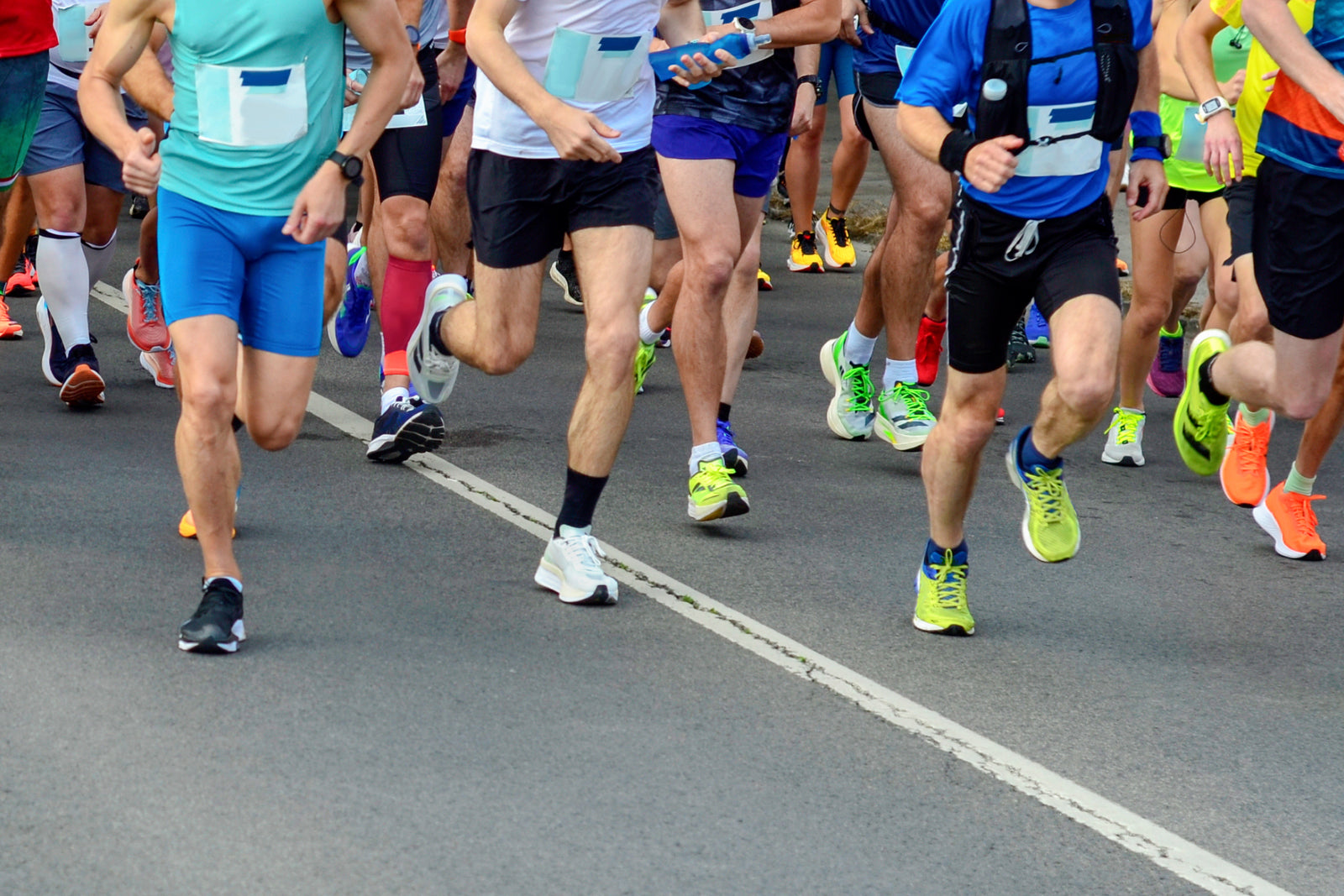GSTP1 and Endurance: How Your Genes Can Influence Recovery and Performance
Endurance is the ability to sustain physical activity over time. One factor that can influence endurance and recovery is how efficiently your body handles oxidative stress produced during exercise. The GSTP1 gene encodes the glutathione S-transferase pi 1 enzyme, a detoxifying protein that helps neutralize harmful byproducts created when muscles work hard. Variations in this gene can slightly change enzyme efficiency, which may affect how your body responds to prolonged or intense exercise.
Why GSTP1 matters for endurance
- Exercise increases production of reactive molecules that can damage cells if not neutralized.
- GSTP1 contributes to the glutathione system, one of the bodys primary defenses against oxidative stress.
- Differences in GSTP1 activity may influence recovery time, perceived fatigue, and long term adaptation to endurance training.
Practical ways to support endurance and recovery
Regardless of GSTP1 genotype, the following strategies support antioxidant defenses, recovery, and sustained performance:
- Diet
- Fill half your plate with colorful fruits and vegetables each day for a wide range of antioxidants and polyphenols.
- Choose whole grains, legumes, nuts, and seeds for steady energy and micronutrients that support cellular repair.
- Include sources of sulfur amino acids such as onions, garlic, eggs, and lean protein to support glutathione production.
- Hydration and electrolytes
- Maintain regular fluid intake before, during, and after training. Add electrolyte-rich foods or beverages for long sessions or heavy sweat losses.
- Sleep and rest
- Prioritize 7 to 9 hours of sleep nightly and schedule rest or low intensity days to allow repair and adaptation.
- Stress management
- Use breathing techniques, mindfulness, or gentle recovery movement to limit chronic stress that can increase oxidative burden.
- Targeted supplements to consider
- Vitamin C and vitamin E can support antioxidant defenses when dietary intake is low.
- Glutathione precursors such as N acetylcysteine or dietary sources of cysteine may support endogenous glutathione production.
- Polyphenol-rich supplements like green tea extract or curcumin may provide additional antioxidant support.
- Discuss supplements with your healthcare provider to confirm appropriateness, dose, and interactions.
- Training strategies
- Progress training volume gradually to build antioxidant capacity and mitochondrial efficiency.
- Include interval training and cross training to stimulate adaptations while reducing repetitive stress.
- Use active recovery sessions like light cycling, walking, or mobility work to promote circulation and repair.
- Useful blood tests to discuss with your provider
- Basic metabolic panel and complete blood count to monitor overall health and hydration.
- Markers of oxidative stress or antioxidant status if clinically relevant and available through your provider.
- Vitamin D, iron studies, and basic micronutrient panels for nutrients that influence performance and recovery.
Genetic interpretations for GSTP1 (rs1695)
2 effect alleles — AA
You have two copies of the effect allele at rs1695 (AA). This genotype is associated with reduced GSTP1 enzyme efficiency. With lower detoxification capacity, exercise generated oxidative byproducts may be less effectively neutralized. Potential practical impacts include increased oxidative stress during prolonged activity, slower recovery, and a possible need for greater support to maintain performance over repeated sessions.
Recommended actions
- Emphasize a diet high in antioxidant rich fruits and vegetables, whole grains, and sulfur containing foods to support glutathione synthesis.
- Consider supplementing with vitamin C and vitamin E if dietary intake is inadequate, and discuss glutathione precursors such as N acetylcysteine with your healthcare provider.
- Focus on sleep, structured rest days, and active recovery to reduce cumulative oxidative strain.
- Gradually increase training load and include cross training to allow physiological adaptation without excessive oxidative overload.
- Talk with your healthcare provider about targeted blood tests if you have unexplained fatigue, prolonged recovery, or concerns about antioxidant status.
1 effect allele — AG
You carry one effect allele at rs1695 (AG). This genotype may produce a modest change in GSTP1 function, leading to slightly altered detoxification capacity compared with individuals who do not carry the effect allele. Most people with this genotype will do well with standard recovery and training practices, but small adjustments can help optimize performance and reduce oxidative burden over time.
Recommended actions
- Maintain a balanced, antioxidant rich diet with regular servings of fruits, vegetables, whole grains, and lean protein.
- Hydrate consistently and prioritize sleep and stress reduction to support recovery.
- Consider targeted supplementation only if diets are insufficient. Discuss options like vitamin C, vitamin E, or glutathione precursors with your healthcare provider.
- Follow progressive training principles and include recovery modalities such as light movement, massage, or contrast baths where helpful.
- Monitor how you feel during and after workouts and adjust volume or intensity when recovery seems prolonged.
0 effect alleles — GG
You have no effect alleles at rs1695 (GG). This genotype is associated with typical GSTP1 enzyme activity and a standard oxidative stress response during exercise. Your natural detoxification processes are likely to function normally, which supports efficient handling of exercise induced byproducts and standard recovery capacity.
Recommended actions
- Continue a nutrient dense diet rich in antioxidants to support general health and peak performance.
- Maintain good hydration, consistent sleep, and stress management to preserve resilience to training demands.
- Use progressive training plans that include intervals, endurance sessions, and recovery to enhance adaptation.
- Supplement selectively based on dietary gaps, training demands, and in consultation with your healthcare provider.
Final notes and important disclaimer
This information is educational and meant to help you understand how a variation in GSTP1 may relate to endurance and recovery. PlexusDx does not provide medical advice. Always consult your healthcare provider before starting supplements, changing your diet substantially, altering a training program, or ordering blood tests. Your provider can interpret genetic results alongside your health history, current medications, and personal goals to create a safe and effective plan.

Share:
Endurance | PGC1a (rs8192678)
Endurance | PGC1a (rs8192678)